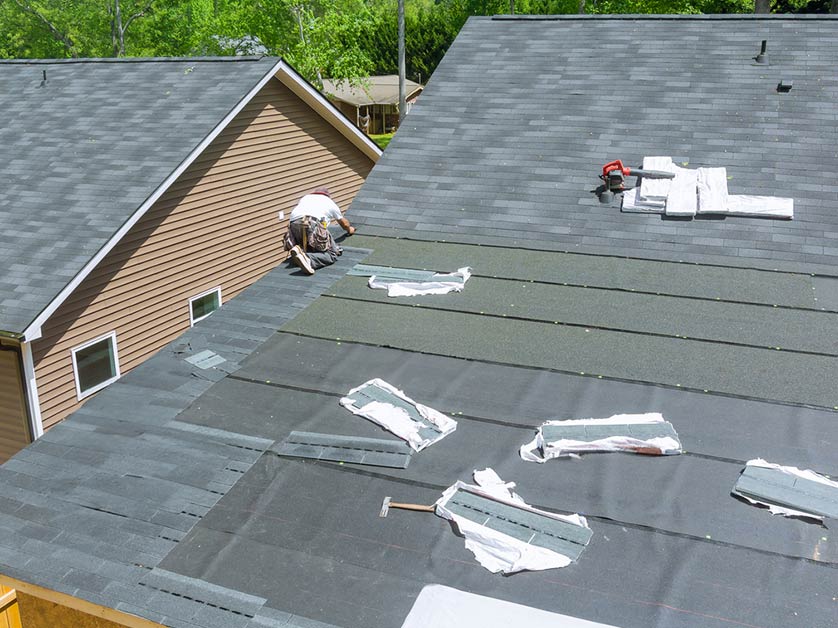
In the heart of Georgia, especially in areas around Atlanta, the weather can shift rapidly, leaving residents to face the aftermath of storms that can cause considerable damage to their homes and businesses. For those facing the daunting task of repairs, a pressing question often arises: Are storm damage repairs tax deductible? This blog post will guide Georgia In-Home Services' clients through the essentials of understanding how storm-related damages impact their taxes.

When a natural disaster strikes, causing storm or hurricane damage, it can significantly affect your financial situation. For individuals and businesses, the Internal Revenue Service (IRS) allows for deductions on losses not covered by insurance. This process is known as the casualty loss deduction and is meant to alleviate the financial burden of unexpected storm damage.
It's important for taxpayers to recognize that only the damage that is unexpected and sudden—like that from storms or hurricanes—qualifies. Gradual damages, such as wear and tear over time, do not qualify for this deduction.
To capitalize on this tax deduction, there are specific qualifications that must be met. First and foremost, the loss must stem from a storm or similar natural disaster. Additionally, the amount deductible is generally the lesser value between the cost of replacing or fixing the property and the decrease in fair market value due to the damage, subtracting any insurance reimbursements received. Unfortunately, if insurance covers the full extent of your loss, then the cost is not deductible.
Business owners should note that storm damage to property can sometimes be deducted, offering a vital financial reprieve during challenging times. However, any costs reimbursed by insurance or other means cannot be deducted.
For properties within federally declared disaster areas, such as those that might occur in Georgia, you may have additional flexibilities. Taxpayers have the option to deduct losses from a disaster in the tax year the disaster occurred or the year preceding it, potentially providing quicker financial relief.
When claiming a casualty loss, proper documentation is crucial. This includes evidence of the property's value before and after the storm, the amount of any insurance settlements, and records of repair expenses. Residents contemplating this deduction should also be prepared to meet certain thresholds. For personal-use property, the loss deduction starts after $100 per casualty event and is only deductible to the extent that it exceeds 10% of your adjusted gross income.
Navigating the tax implications of storm damage can be complex. Residents are encouraged to consult with tax professionals to ensure they're capitalizing on potential tax benefits and accurately reporting any deductible losses. It's equally important to promptly report damage to insurance providers and keep detailed records of the damage and repairs, which will be indispensable come tax season.
In summary, while storm damage can be a stressful and financially taxing event, especially within the unpredictability of Georgia's weather, there are pathways to mitigate the economic impact through tax deductions. By understanding the rules and preparing properly, Georgians can navigate post-storm recovery more smoothly, alleviating some of the financial burdens of restoring their properties. Contact Georgia In-Home Services today at (470) 466-8403 or you can fill out the contact form to get expert advice on storm damage repairs and maximize your tax benefits!
Phone: 404-434-2436
Copyright © 2022 Georgia In Home Services. All Rights Reserved. Website Design + Development by JasonHunter Design